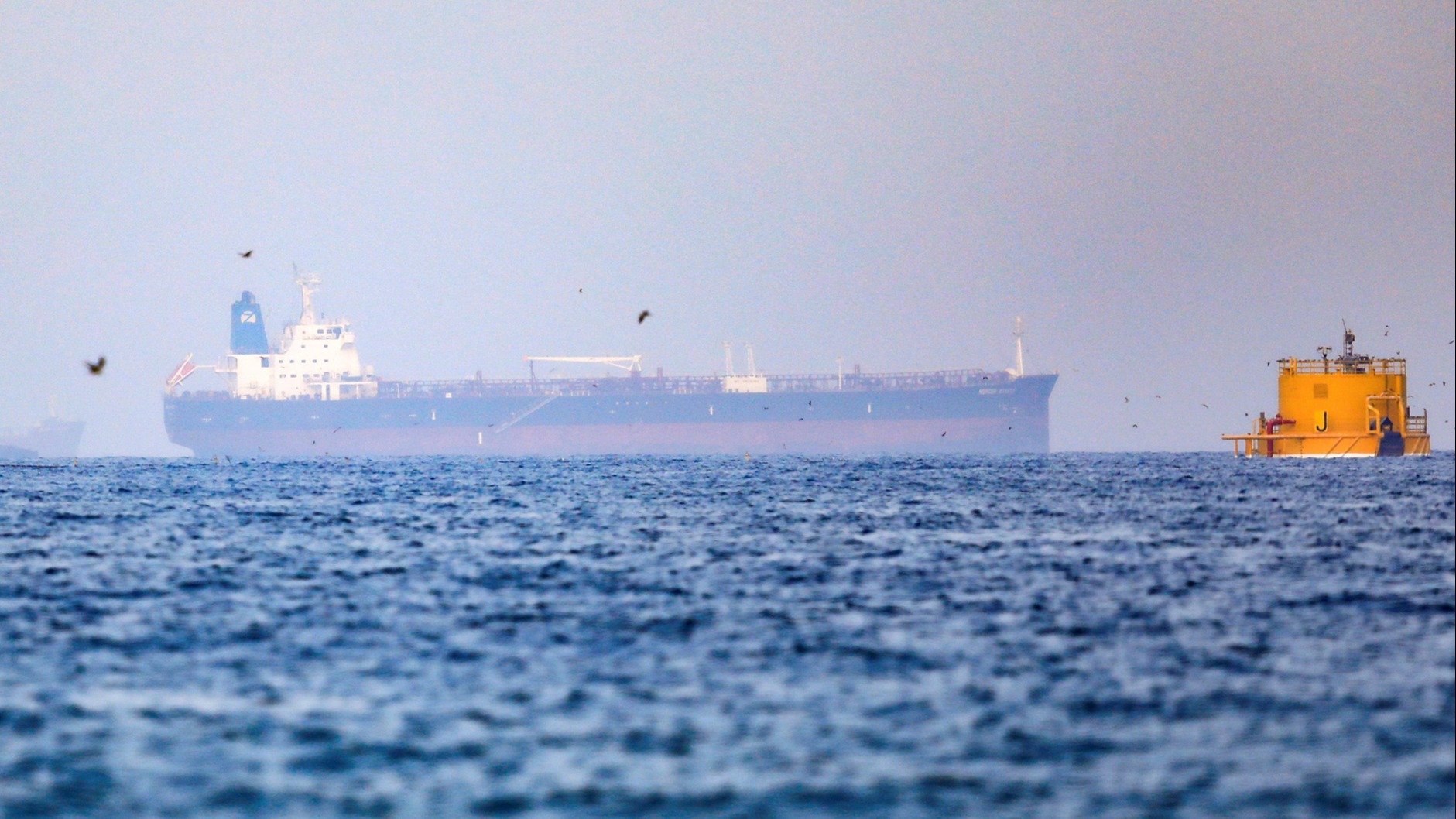Oman provided first official confirmation on Wednesday that the Asphalt Princess tanker was involved in a hijacking in the Arabian Sea after Britain’s maritime trade agency earlier reported the incident was over.

Oman’s Maritime Security Centre said on Twitter that it had received information about the Panama-flagged Asphalt Princess being subjected “to a hijacking incident in international waters in the Gulf of Oman” and that the sultanate’s navy had deployed several ships to help secure international waters.
The British navy said the hijackers who boarded a vessel off the coast of the UAE in the Gulf of Oman have left the targeted ship, without elaborating.
The notice on Wednesday came after the British military’s United Kingdom Maritime Trade Operations warned of a “potential hijack” under unclear circumstances underway the night before.
The group reported that the “incident (is) complete.” It did not provide further details.
The Panama-flagged asphalt/bitumen tanker Asphalt Princess was earlier reportedly seized 60 nautical miles off Fujairah on the UAE’s east coast, in an area of the sea leading to the Strait of Hormuz.
British security sources said they were “working on the assumption Iranian military or proxies boarded the vessel.”
The British military’s UK Maritime Trade Operations initially warned ships on Tuesday that “an incident is currently underway” off the coast of Fujairah. Hours later, they said the incident was a “potential hijack.”
On Tuesday afternoon at least five ships in the sea between the UAE and Iran updated their automatic tracking status to “Not Under Command,” a status that usually indicates a vessel is unable to maneuver because of exceptional circumstances.
Iran’s foreign ministry said reports of security incidents involving several ships near the UAE coast were “suspicious,” and it warned of any effort to create a “false atmosphere” against Iran.
Saudi Foreign Minister Prince Faisal bin Farhan said on Tuesday that Iran was acting in a negative manner around the Middle East, endangering shipping, arming the Houthi militia in Yemen and contributing to Lebanon’s political deadlock.
“All around the region, Iran continues to be emboldened,” he said. “Iran is extremely active in the region with its negative activity.”
Tensions have soared in the Gulf since an attack last week by explosives-laden Iranian drones on the MT Mercer Street off the coast of Oman, in which the tanker’s Romanian captain and a British security guard were killed.
The vessel is operated by an Israeli company, and Israel, the UK and the US said there would be a “collective response” to the attack.
There have been a series of explosions and hijackings in the waters off Fujairah since 2019. The US Navy blamed Iran for a series of limpet mine attacks on vessels that damaged tankers.
Also in 2019, Iran seized the British-flagged Stena Impero on July 19 in the Strait of Hormuz as it headed to Dubai from the Iranian port of Bandar Abbas. The raid came after authorities in Gibraltar, a British overseas territory, seized an Iranian supertanker carrying $130 million in crude oil on suspicion it was breaking EU sanctions by taking the oil to Syria. Both vessels were later released.
In July last year, an oil tanker sought by the US for circumventing sanctions on Iran was hijacked off the UAE coast. The vessel and its crew ended up in Iran.
Source: Arab News, AP, Reuters